Assured Autonomy
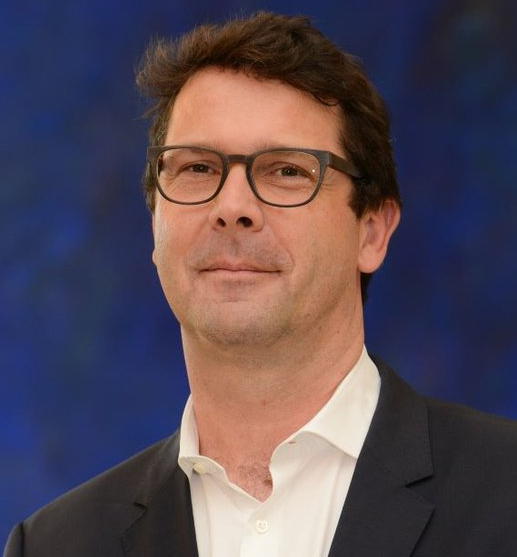

 Alexander Pretschner (Technical University of Munich)
Alexander Pretschner (Technical University of Munich)
Alexander Pretschner has been founding director of the Bavarian Research Institute for Digital Transformation since 2018. Since 2016 he has served as scientific director and since 2019 spokesman of the scientific board of fortiss, the Bavarian state research institute for software-intensive systems and services. The research area of Professor Pretschner is software and systems engineering. His main focus is on testing and information security.
Professor Pretschner studied computer science at RWTH Aachen and at the University of Kansas where he was a Fulbright grant recipient. After obtaining his doctorate at TUM, he worked as a senior researcher at ETH Zurich for five years. He then moved on to head a research group at the Fraunhofer Institute for Experimental Software Engineering in Kaiserslautern. Parallel to this he was an adjunct associate professor at TU Kaiserslautern, and was a full professor at Karlsruhe Institute of Technology prior to joining TUM in 2012.
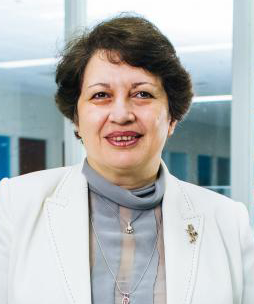

 Naira Hovakimyan (University Of Illinois at Urbana - Champaign)
Naira Hovakimyan (University Of Illinois at Urbana - Champaign)
Naira Hovakimyan received her MS degree in Theoretical Mechanics and Applied Mathematics in 1988 from Yerevan State University in Armenia. She got her Ph.D. in Physics and Mathematics in 1992 from the Institute of Applied Mathematics of Russian Academy of Sciences in Moscow, majoring in optimal control and differential games. Before joining the faculty of UIUC in 2008, she spent time as a research scientist at Stuttgart University in Germany, French Institute for Research in Computer Science and Automation (INRIA) in France, Georgia Institute of Technology and she was on faculty of Aerospace and Ocean Engineering of Virginia Tech during 2003-2008. She is currently a W. Grafton and Lillian B. Wilkins Professor of Mechanical Science and Engineering at UIUC. In 2015 she was named inaugural director for Intelligent Robotics Lab of Coordinated Science Laboratory at UIUC. She has co-authored two books, six patents, and more than 400 refereed publications. She was the recipient of the SICE International scholarship for the best paper of a young investigator in the VII ISDG Symposium (Japan, 1996), the 2011 recipient of AIAA Mechanics and Control of Flight Award, 2015 recipient of SWE Achievement Award, the 2017 recipient of IEEE CSS Award for Technical Excellence in Aerospace Controls, and the 2019 recipient of the AIAA Pendray Aerospace Literature Award. In 2014 she was awarded the Humboldt prize for her lifetime achievements. In 2015 she was awarded the UIUC Engineering Council Award for Excellence in Advising. She is Fellow and a life member of AIAA, a Fellow of IEEE, and a member of SIAM, AMS, SWE, ASME and ISDG. She is a co-founder and chief scientist of IntelinAir. Her work in robotics for elderly care was featured in the New York Times, on Fox TV and CNBC. Her research interests are in control and optimization, autonomous systems, machine learning, neural networks, game theory, and their applications in aerospace, robotics, mechanical, agricultural, electrical, petroleum, biomedical engineering, and elderly care.
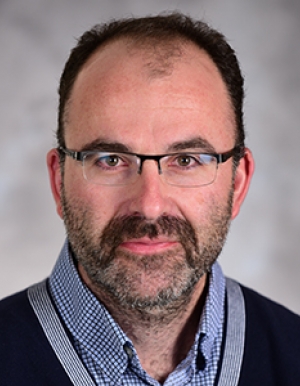 Evangelos Theodorou (Georgia Institute of Technology)
Evangelos Theodorou (Georgia Institute of Technology)
Evangelos Theodorou earned his diploma in electronic and computer engineering from the Technical University of Crete (TUC), Greece in 2001. He has also received a MSc in production engineering from TUC in 2003, a MSc in computer science and engineering from University of Minnesota in spring of 2007 and a MSc in electrical engineering on dynamics and controls from the University of Southern California(USC) in Spring 2010. In May of 2011 he graduated with his PhD, in computer science at USC. After his PhD, he became a postdoctoral research associate with the department of Computer Science and Engineering, University of Washington, Seattle. In July 2014 he joined the faculty of the Daniel Guggenheim School of Aerospace Engineering at Georgia Institute of Technology as assistant professor. His theoretical research spans the areas of control theory, machine learning, information theory and statistical physics. Applications involve autonomous planning and control in robotics and aerospace systems, bio-inspired control and design.
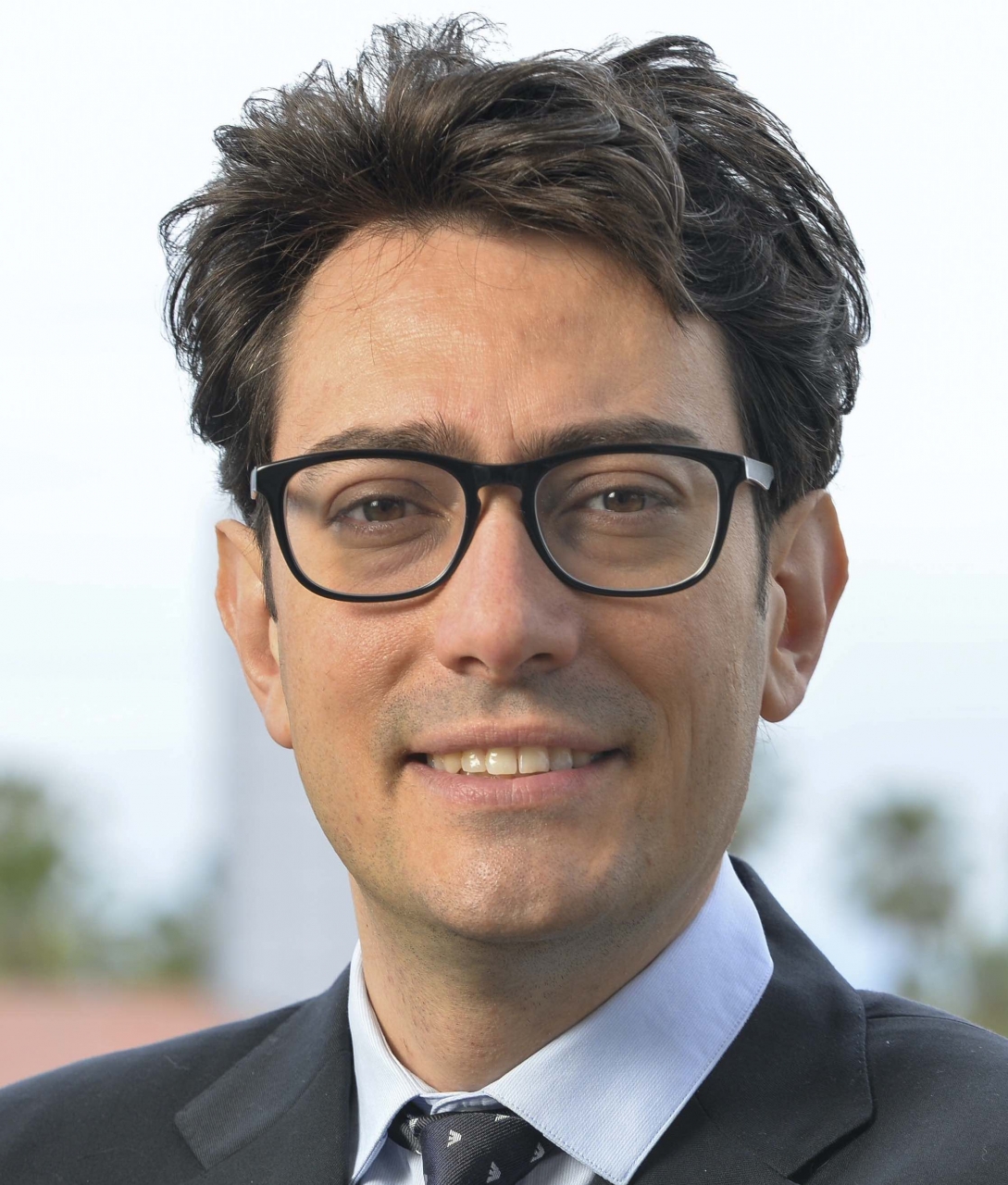
 Marco Pavone (Stanford University)
Marco Pavone (Stanford University)
Dr. Marco Pavone is an Associate Professor of Aeronautics and Astronautics at Stanford University, where he is the Director of the Autonomous Systems Laboratory and Co-Director of the Center for Automotive Research at Stanford. He is currently on a partial leave of absence at NVIDIA serving as Director of Autonomous Vehicle Research. Before joining Stanford, he was a Research Technologist within the Robotics Section at the NASA Jet Propulsion Laboratory. He received a Ph.D. degree in Aeronautics and Astronautics from the Massachusetts Institute of Technology in 2010. His main research interests are in the development of methodologies for the analysis, design, and control of autonomous systems, with an emphasis on self-driving cars, autonomous aerospace vehicles, and future mobility systems. He is a recipient of a number of awards, including a Presidential Early Career Award for Scientists and Engineers from President Barack Obama, an Office of Naval Research Young Investigator Award, a National Science Foundation Early Career (CAREER) Award, a NASA Early Career Faculty Award, and an Early-Career Spotlight Award from the Robotics Science and Systems Foundation. He was identified by the American Society for Engineering Education (ASEE) as one of America's 20 most highly promising investigators under the age of 40. He is currently serving as an Associate Editor for the IEEE Control Systems Magazine.
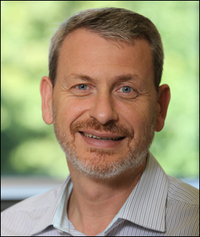

 Xenofon Koutsoukos (Vanderbilt University)
Xenofon Koutsoukos (Vanderbilt University)
Xenofon Koutsoukos is the Faculty Director of the Cyber-Physical Systems Master’s Program and a professor of computer science, computer engineering and electrical engineering in the School of Engineering at Vanderbilt University. He is also a Senior Research Scientist in the Institute for Software Integrated Systems.
Before joining Vanderbilt in 2002, Koutsoukos was a Research Staff Member in the Xerox Palo Alto Research Center, working in the Embedded Collaborate Computing Area. Between 1993 and 1995, he joined the National Center for Space Applications, Hellenic Ministry of National Defense, Athens, Greece as a computer engineer in the areas of image processing and remote sensing.
Koutsoukos’s research work is in the area of cyber-physical systems with emphasis on formal methods, distributed algorithms, diagnosis and fault tolerance, and adaptive resource management. He has published numerous journal and conference papers and he is co-inventor of four US patents.
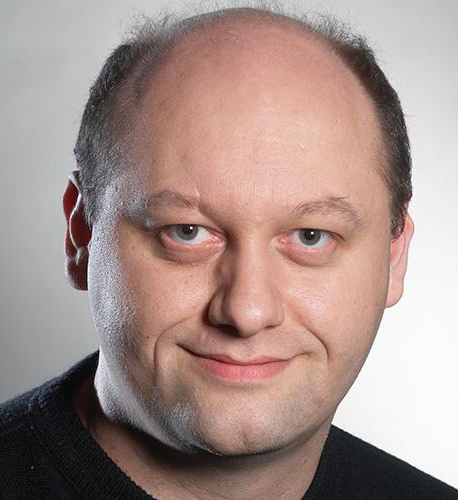

 Bernd Finkbeiner (CISPA and Universität des Saarlandes)
Bernd Finkbeiner (CISPA and Universität des Saarlandes)
Bernd Finkbeiner, Ph.D. is a faculty member at the CISPA Helmholtz Center for Information Security and a professor for computer science at Saarland University. He obtained his Ph.D. in 2003 from Stanford University. Since 2003, he leads the Reactive Systems Group, which became part of CISPA in 2020. His research focus is the development of reliable guarantees for the safety and security of computer systems, including specification, program synthesis and repair, and static and dynamic verification.
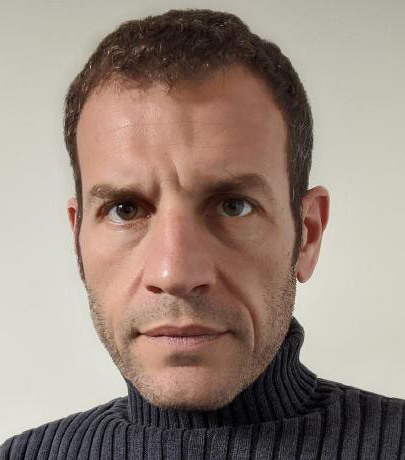 Alessandro Pinto (Raytheon Technologies)
Alessandro Pinto (Raytheon Technologies)
 Alessandro Pinto is a Technical Fellow at the United Technologies Research Center (UTRC). He works at the intersection of embedded system design, model-based design automation, and autonomous and intelligent systems. His current interests include architectural design for autonomous systems, knowledge representation, algorithms for high-level reasoning and decision making, safety assurance for autonomous systems, and compositional design methodologies. He is the recipient of the 2014 UTC Outstanding Achievement Award for his contributions in the area of Autonomous Rotorcraft Technology Development and Demonstration, and of the 2016 UTRC Technical Excellence Award. Dr. Pinto earned a Laurea degree in Electrical Engineering from the University of Rome “La Sapienza”, and a Ph.D. degree in Electrical Engineering and Computer Sciences from the University of California, Berkeley.
Alessandro Pinto is a Technical Fellow at the United Technologies Research Center (UTRC). He works at the intersection of embedded system design, model-based design automation, and autonomous and intelligent systems. His current interests include architectural design for autonomous systems, knowledge representation, algorithms for high-level reasoning and decision making, safety assurance for autonomous systems, and compositional design methodologies. He is the recipient of the 2014 UTC Outstanding Achievement Award for his contributions in the area of Autonomous Rotorcraft Technology Development and Demonstration, and of the 2016 UTRC Technical Excellence Award. Dr. Pinto earned a Laurea degree in Electrical Engineering from the University of Rome “La Sapienza”, and a Ph.D. degree in Electrical Engineering and Computer Sciences from the University of California, Berkeley.